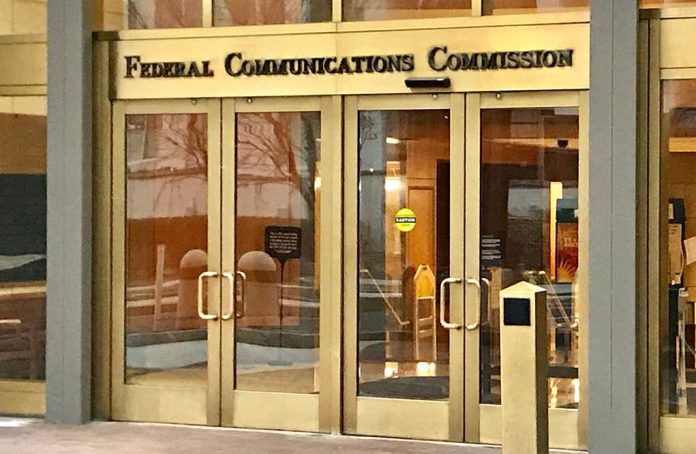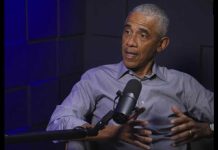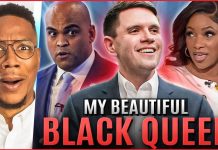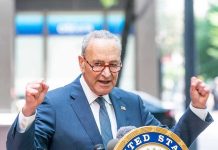
FCC Chair Brendan Carr is launching an investigation into NPR and PBS over potential advertising violations, sparking debate on public broadcasting funding.
Key Takeaways
- FCC is launching an investigation into NPR and PBS, alleging possible violations of federal law regarding prohibited commercial advertisements.
- The investigation focuses on whether underwriting messages resemble commercial ads, potentially breaching federal guidelines.
- NPR and PBS assert compliance with FCC regulations and express confidence in proving adherence to rules.
- The probe is linked to ongoing legislative debates about continued congressional funding for public broadcasting.
- Critics view the investigation as a politically motivated threat to press independence and free information flow.
FCC Launches Probe into Public Broadcasting Practices
The Federal Communications Commission (FCC) has initiated an investigation into National Public Radio (NPR) and the Public Broadcasting Service (PBS) over potential violations of federal advertising regulations. The probe, announced by FCC Chair Brendan Carr, centers on whether these public broadcasters are airing sponsorships that may resemble prohibited commercial advertisements, potentially breaching mandated federal guidelines.
Carr, appointed by former President Donald Trump to lead the FCC following the November 2024 election, expressed his concerns in a letter to the CEOs of NPR and PBS. The investigation specifically focuses on Section 399B of the Communications Act, which governs advertising practices for public broadcasters.
FCC chair launches investigation into NPR, PBS https://t.co/5igGSXnxIJ
— The Hill (@thehill) January 30, 2025
Public Broadcasters Respond to Allegations
Both NPR and PBS have responded to the allegations, asserting their compliance with FCC regulations. The public broadcasters use corporate underwriting spots to acknowledge contributions without direct calls to action, a practice they claim adheres to federal guidelines.
“NPR programming and underwriting messaging complies with federal regulations, including the FCC guidelines on underwriting messages for noncommercial educational broadcasters, and Member stations are expected to be in compliance as well. We are confident any review of our programming and underwriting practices will confirm NPR’s adherence to these rules,” NPR’s Katherine Maher said.
PBS echoed this sentiment, with spokesperson Jason Phelps stating their commitment to providing noncommercial educational programming and their willingness to demonstrate compliance to the Commission.
Political Implications and Funding Debate
The investigation comes amid a broader debate on whether Congress should continue funding NPR and PBS with taxpayer money. Republicans, including Trump, have previously advocated for ending public funding for these organizations, citing perceived political bias.
Carr indicated he would inform Congress about the investigation, potentially influencing the ongoing funding debate. The probe affects approximately 1,500 member stations licensed by the FCC that distribute NPR and PBS content.
Criticism and Support for the Investigation
The investigation has drawn criticism from various quarters. Democratic FCC Commissioner Geoffrey Starks condemned the probe as a threat to the free flow of information. The American Civil Liberties Union (ACLU) suggested it could threaten press independence, while Senator Edward Markey labeled it a baseless attack on public media.
On the other hand, conservative groups like the Media Research Center have expressed support for defunding NPR and PBS. This divide underscores the political nature of the debate surrounding public broadcasting in the United States.
Broader Implications for Media Regulation
The investigation into NPR and PBS is part of a larger scrutiny of media practices by the FCC under Carr’s leadership. Late last year, Carr criticized NBC for hosting Vice President Kamala Harris on “Saturday Night Live” without offering equal time to other candidates.
As the investigation unfolds, it could continue to fuel discussions about the role of public broadcasting, media bias, and the appropriate use of taxpayer funds in supporting these institutions. The outcome could have significant implications for the future of public media in the United States.
Sources
- FCC chair launches investigation into NPR, PBS
- Trump’s new FCC chief opens investigation into longtime conservative targets NPR, PBS
- FCC opens probe into whether NPR, PBS stations are breaking law by ‘airing commercials’
- Trump FCC chair targets NPR, PBS for investigation ahead of Congressional threats to defund













